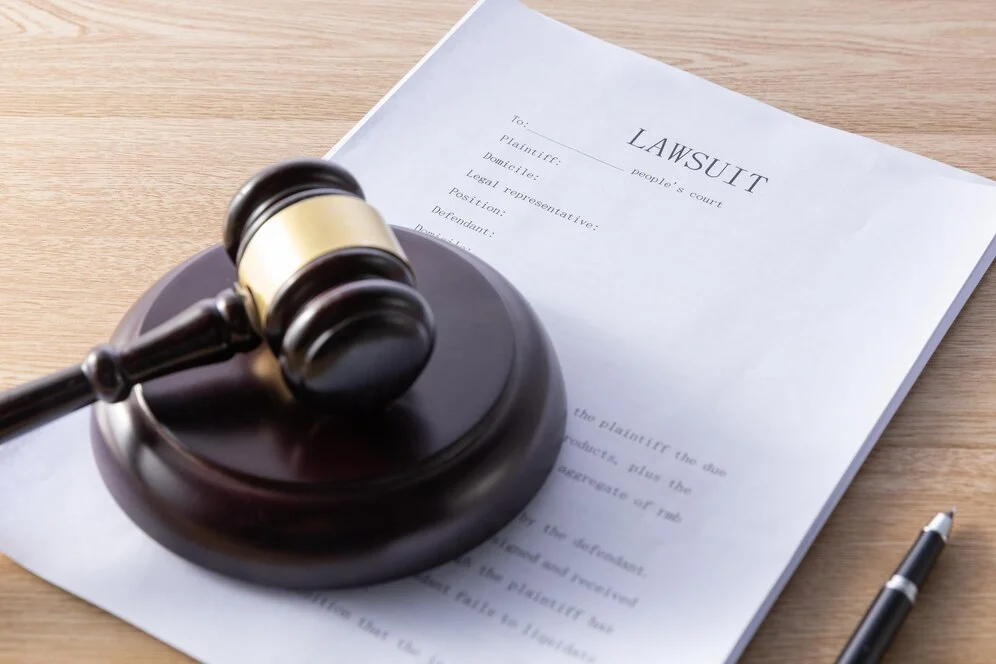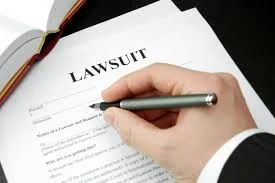
If you've ever filed a personal injury claim, you’ve likely dealt with an insurance company. Whether it’s the other party’s insurer or your own, they play a major role in determining whether — and how much — you get compensated for your injuries. But insurance companies aren’t just waiting to hand over money. Their goal is to protect their bottom line.
In this article, we’ll explain how insurance companies handle personal injury claims, how they evaluate them, and what you should watch out for to protect your rights.
Understanding the Role of Insurance CompaniesInsurance companies exist to cover financial losses in certain situations. When a policyholder is involved in an incident — like a car accident or a slip and fall — the insurer steps in to handle the costs, depending on the terms of the policy.
In personal injury claims, there are typically two sides involved:
1. The injured person (you) — seeking compensation for medical bills, lost wages, and pain and suffering. 2. The insurance company — trying to resolve the claim at the lowest cost possible.
While insurance adjusters may sound friendly and helpful, their job is to protect the company’s interests — not yours.
How the Insurance Claim Process WorksHere’s a step-by-step look at how insurance companies typically handle a personal injury claim:
1. Report of the Incident: The insurance company is notified of the accident — either by you, the other party, or both. 2. Assigning a Claims Adjuster: An adjuster is assigned to investigate the claim. This person gathers facts, interviews witnesses, and assesses the damage. 3. Review of Documentation: The adjuster examines medical records, police reports, repair bills, and other evidence. 4. Determination of Liability: They decide who is at fault based on the evidence and applicable laws. 5. Valuation of the Claim: The company estimates how much the claim is worth, including medical expenses, wage loss, and property damage. 6. Settlement Offer: They may offer a lump-sum payment to settle the claim. This is often lower than what the claim is actually worth. 7. Negotiation: You (or your lawyer) can reject the initial offer and negotiate for a higher amount. 8. Final Settlement or Lawsuit: If both sides agree, the case is settled. If not, it may move to court.
When evaluating your claim, insurers look at several factors:
- The severity of your injuries
- Your medical treatment and recovery time
The goal is to reduce their payout. If they can argue that your injury was minor or unrelated to the incident, they’ll try to pay less.
Insurance adjusters are trained negotiators. Here are some tactics they may use:
- Quick Lowball Offers: Right after an accident, they might offer a small settlement, hoping you’ll take it before knowing the full extent of your injuries. - Recorded Statements: They may ask you to make a recorded statement — and use your words against you later. - Delaying the Process: Slowing down communication or paperwork to pressure you into accepting less. - Minimizing Injuries: Arguing that your injuries were pre-existing, exaggerated, or caused by something else. - Disputing Medical Treatment: Claiming that certain treatments were unnecessary or too expensive. - Surveillance: Hiring investigators to observe your activities and look for signs you’re not as injured as claimed. - Using Your Social Media: Photos or posts that suggest you're active or happy can be used to reduce your credibility.
 Why You Should Be Cautious
Why You Should Be CautiousEven if you trust the adjuster or feel like things are going smoothly, remember this: they work for the insurance company — not for you.
Accepting a settlement too early can leave you without the money you need later for further medical care, physical therapy, or lost wages.
Once you sign a settlement release, you typically can’t go back and ask for more — even if your condition worsens.
How Lawyers Can Help with Insurance ClaimsHiring a personal injury lawyer can dramatically level the playing field. Here’s how:
- They handle all communication with the insurer — so you don’t say something that could hurt your case. - They gather all necessary evidence — including medical records, witness statements, and expert opinions. - They calculate the full value of your claim — including future medical needs and emotional distress. - They negotiate firmly — knowing the tricks insurers use and how to counter them.
What to Do After an Accident to Protect Your ClaimHere are steps to take right after an injury incident that can help you later when dealing with insurance:
1. Seek Medical Attention Immediately: Don’t delay treatment. It shows you took your injuries seriously. 2. Document Everything: Photos of injuries, accident scene, vehicles, or hazards. 3. Get Contact Info: Witness names, numbers, and other driver details. 4. Avoid Giving Recorded Statements: Politely decline until you’ve spoken to a lawyer. 5. Don’t Post on Social Media: Even harmless posts can be twisted by insurance companies. 6. Keep Records: Save all bills, prescriptions, emails, and notes about your recovery. 7. Talk to a Lawyer: Get a free consultation to understand your rights and avoid mistakes.
Case ExampleLet’s say you were hit by another car while driving to work. The other driver’s insurer calls the next day and offers ₹25,000 for your injuries. You’re still in pain, unsure if your shoulder will need surgery.
Instead of accepting, you consult a lawyer. They uncover that your MRI shows a torn rotator cuff and you may be out of work for months. With proper documentation and negotiation, the final settlement becomes ₹4,50,000 — covering your surgery, rehab, and wage loss.
ConclusionInsurance companies play a major role in personal injury claims, but they’re not on your side. They are skilled at minimizing payouts and may use tactics that seem helpful — but are actually designed to reduce your compensation.
Understanding how insurers operate, and getting professional help early, can make a huge difference in the outcome of your case.
Always remember: you don’t get a second chance at a fair settlement. Get the support you need to make it count.
Subscribe to our newsletter and never miss an update.
Get the latest posts delivered straight to your inbox.

Senior Contributor
Ravi Raj is passionate about impactful storytelling. With a unique voice and deep insights, they turn everyday stories into compelling reads that resonate and inform.
Read Full Bio
By Ravi Raj
20 Dec 2025

By Ravi Raj
26 Dec 2025

By Ravi Raj
02 Jan 2026

By Ravi Raj
27 Dec 2025

By Ravi Raj
22 Dec 2025

By Kusum Singh
27 Dec 2025

By Kusum Singh
23 Dec 2025

By Ravi Raj
30 Dec 2025

By Ravi Raj
22 Dec 2025

By Ravi Raj
02 Jan 2026

By Ravi Raj
02 Jan 2026

By Ravi Raj
28 Dec 2025